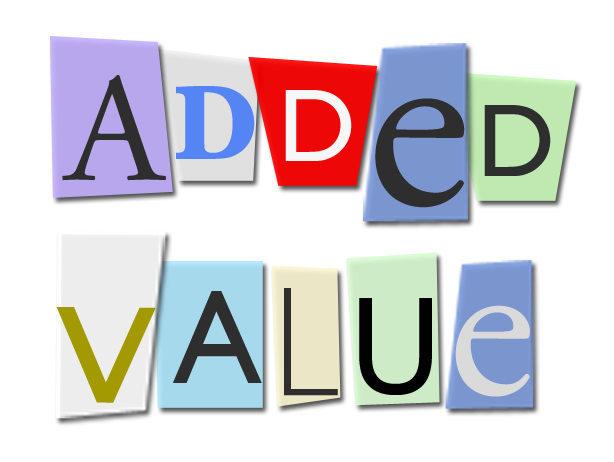We are collecting more data about our products, services and the reactions to them than ever. But how good are we at understanding what this information is saying? Who is interpreting it all? What training, what habits of mind do you need to “make the data speak” so that you and others can understand and learn something from it? Who is responsible for finding that meaning?
In their new book called Big Data, Victor Mayer-Schonberger and Kenneth Cukier argue that we no longer need to find the underlying motivations that were once suggested by limited information. Today, we can do almost all of our interpreting by looking at the vast reams of data themselves. In marketing, for example, this glut is removing the need to delve into customer psychology or analyze social pressures to understand why people are buying our product or service, or declining to do so.
In a big-data world…we won’t have to be fixated on causality; instead we can discover patterns and correlations in the data that offer us novel and invaluable insights…[D]ata is about what, not why.
While the question does seem to be changing from “why” to “what,” there is no question that human beings remain at the nexus between the data and its meaning. As Cukier noted in a recent interview:
[I]t’s really important that you take in as much information and come up, using your judgment and wisdom … come up with a decision based on that.
In the final half hours before sleep, I’ve been breezing my way through the collected works of popular writer David Baldacci. All of them offer a dark perspective on the American intelligence establishment, with orphaned teenagers, fringe types and odd couples pulling us back from the catastrophic edge. In other words: his storytelling is perfect for my final moments of consciousness after a long day. I’m currently on my way to the final battle of good versus evil in The Sixth Man: a titanic chess match involving a pawn called “the Analyst.”
All of the pre-processed and un-processed information from surveillance satellites, spies, informants, governmental and non-governmental agencies, security cameras at sensitive facilities—you get the idea—an unimaginable glut of information everyday, flashes across a single screen in a secret government facility. The Analyst sits in front of it, making connections and gathering meanings that elude individuals with much less information, on the one hand, or that any computer can crunch, on the other. His mind is wired to retain everything he’s ever seen and to find resonances within this vast trove of information to enable the defense establishment to protect America. His is a god-like role.
In a tough jobs climate for graduates (indeed for all workers) over the past 5 years, a lot of aspersion has been cast at the value of a liberal arts education. In essence, if you can’t make money from it, why study it? That’s where the lessons of an idea book and a work of popular fiction come in.
As I’ve said before, there is a quality of mind that is nurtured in English and History and Philosophy departments that is aimed at finding the meaning in our books, our past and our ideas. This may be today’s single most valuable skill. With our machines giving us more to chew on, we need the men and women who can tell us what the patterns and associations buried within all the information means.
Every company in America, from the smallest mom & pop to the global behemoth needs this capability. They all need workers who can dip into the information pool to pull out the expected and unexpected connections, and enable their products and services to meet real needs, deepening the value of their customer, supplier and community relationships.
As a worker in this knowledge economy, just as you needed to learn how to use a library at school, there are data gathering and analytics tools to master first. But once you do, there is something of the godlike Analyst waiting to step to the fore in every humanities major.

